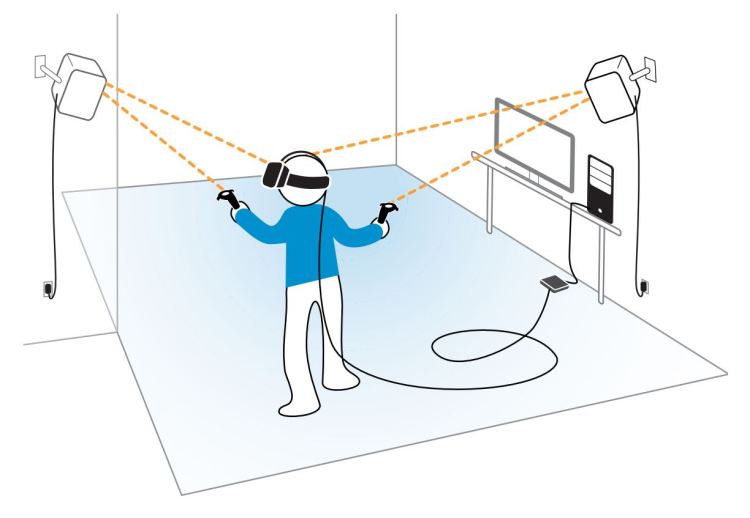Virtual reality is getting off to a slow start due to some high prices and supply shortages, but interest in the technology is growing.
Across Western markets, 11 percent of people with an Internet connect between the ages of 10 and 65 are considering buying a virtual reality device, according to industry intelligence firm Newzoo. Esports fans are among the most interested. They compose 63 percent of all people planning to get something like the Oculus Rift headset or something less expensive, like a Samsung Gear VR. Tech adviser Digi-Capital and analysts at SuperData Research predict the virtual reality business should grow to somewhere between $30 billion and $40 billion by 2020, and Newzoo confirms that an early appetite for this tech already exists.
This is one of Newzoo’s first big reports on VR. Peter Warman, Newzoo’s founder and chief executive, says the company thinks most revenues will come from hardware and non-gaming services in the early months, which is not Newzoo’s area of expertise.
“Game software revenues from VR will remain marginal for the near future and be absorbed into current PC, console, and mobile game revenues,” said Warman. “We will leave guestimates on the future size of the total VR market in revenues to the experts in hardware and online retail sales. We are specialists in game revenues and gamer behavior. Hence, our effort is to research and report on VR from a consumer perspective because ultimately, in the long-term, VR and [augmented reality] will change how consumers communicate and interact with content.”
With that goal in mind, Newzoo has found that most people are holding off on any plans to purchase VR devices. The bulk of the reports respondents, 90 percent, have no interest in VR, have no knowledge of it, or are undecided.
But Newzoo does suggest that companies like HTC and Oculus should have the best luck selling their high-end headsets to a subset of gamers that spend a lot on hardware. Those gamers are more likely to have the $600 to $800 required for the headsets. Among consumers with a big hardware budget that plan to get VR, 72 percent own a gaming keyboard and 69 percent own a gaming mouse.
It’s likely that Oculus and HTC are already targeting that audience, which is why they are so heavily focused on gaming when it comes to early adopters.
VentureBeat's mission is to be a digital town square for technical decision-makers to gain knowledge about transformative enterprise technology and transact. Learn More

